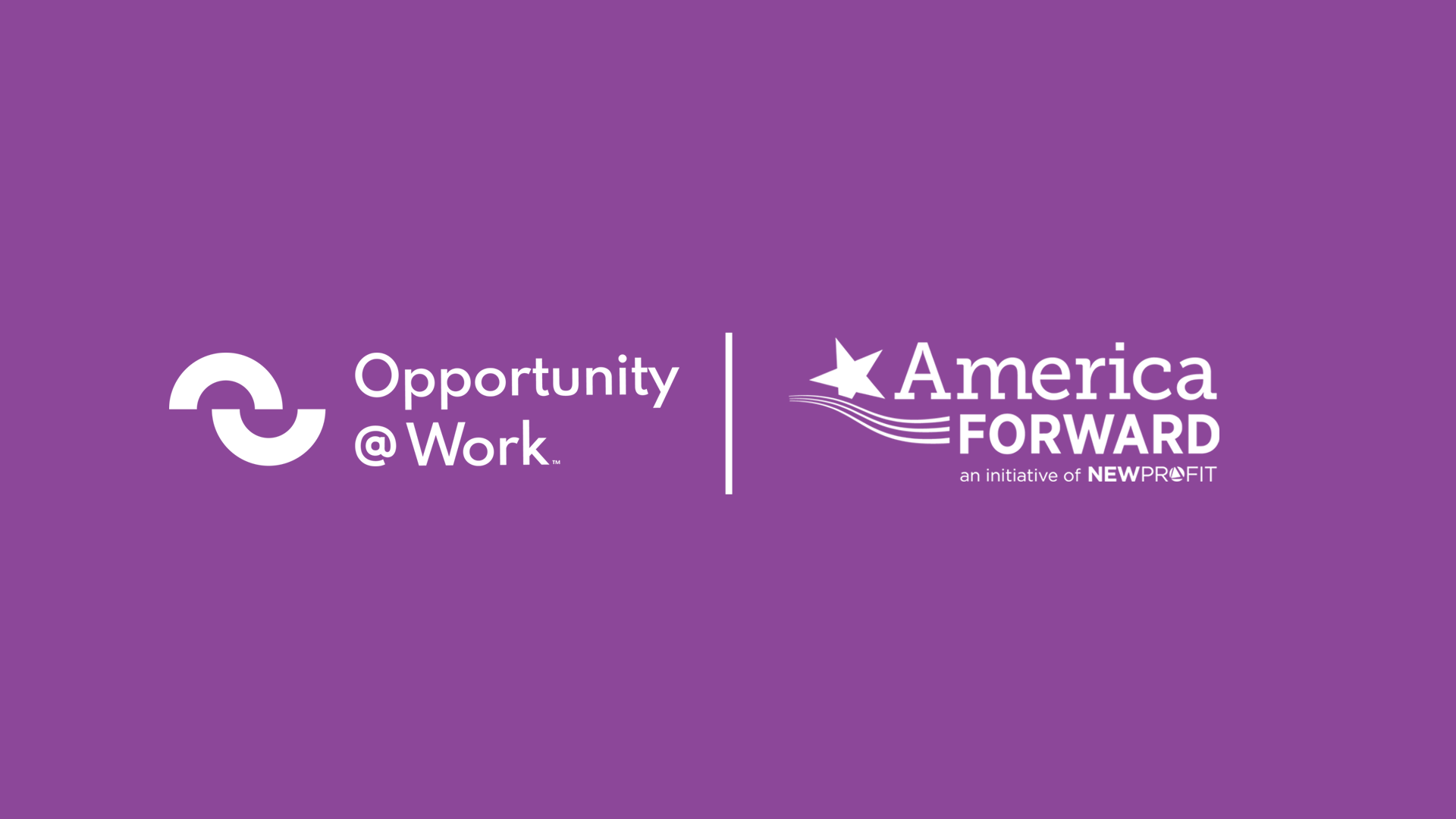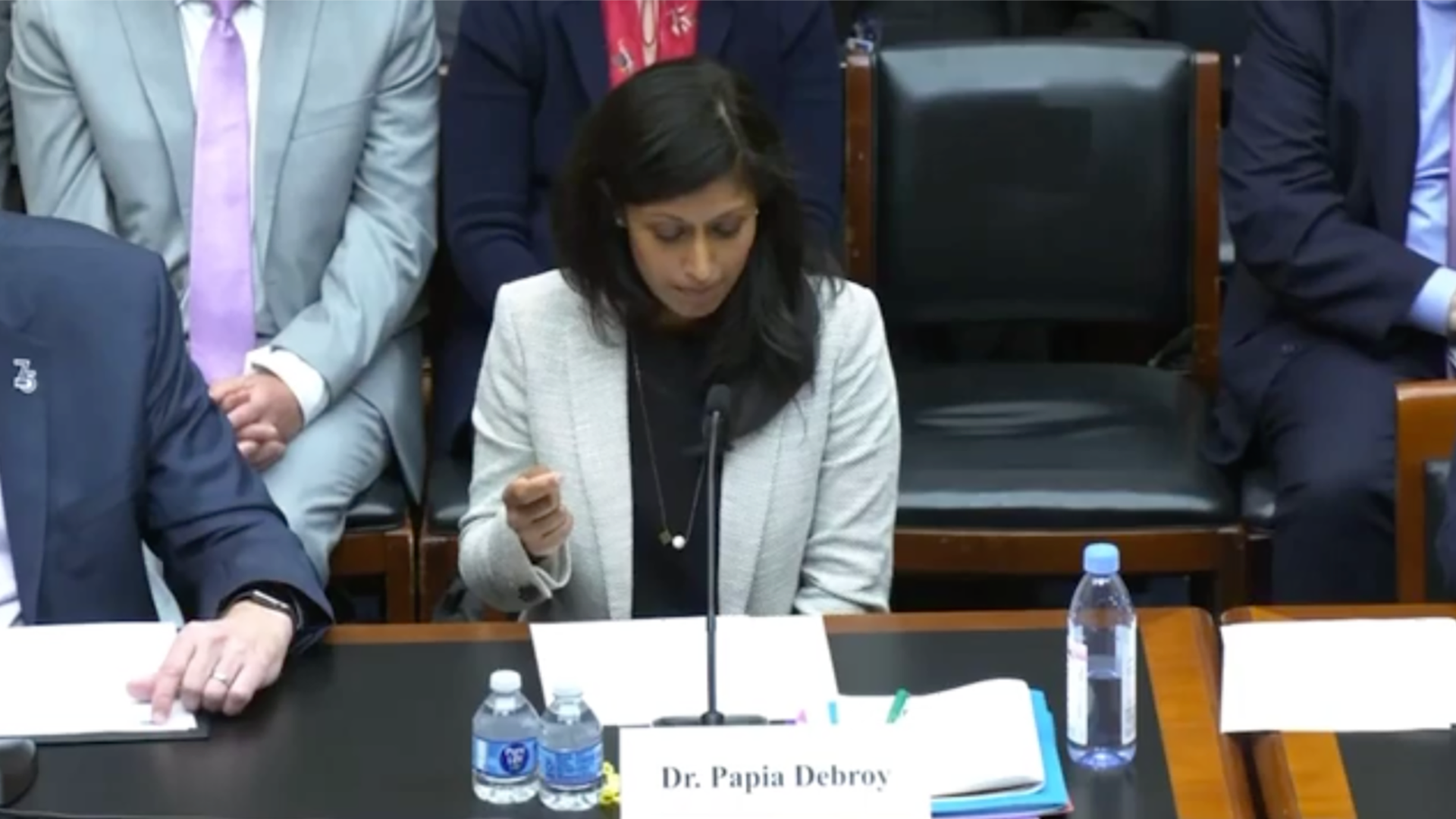Skills-based talent practices in the public sector
Why skills-first talent practices matter in the public sector

The public sector employs over 15 percent of the U.S. labor force.*
2.9 million workers were employed by the federal government
5.4 million by state governments
15.2 million by local governments
*SOURCE: Data as of March 2025 via U.S. Bureau of Labor Statistics

But governments are struggling to fill open roles, even more than the private sector.
Sourcing:
Over 50% of agencies indicate they can’t find enough qualified candidates,01 presenting significant challenges for access to services and maintenance of government operations.
Hiring:
Currently, public sector employees hold degrees at higher rates than the private sector.02
Screening:
When public sector jobs screen out applicants who don’t have a bachelor’s degree, they are missing out on millions of skilled candidates.
Governments should tap into all of the talent in the U.S., including more than 70 million STARs.

STARs are workers Skilled Through Alternative Routes instead of a bachelor’s degree, and they make up half of the U.S. workforce.
STARs are a vast, diverse and skilled talent pool, yet they are currently underrepresented in the public sector.
STARs reflect the diversity of our country — they bring a variety of skills, professional backgrounds, life experiences, and perspectives. STARs are also the majority of almost every demographic group.
By focusing on skills rather than pedigree, governments can harness STARs’ talent, fill open roles, and expand economic mobility.

Over 30 million STARs are ready for higher-wage work today.
Since the public sector is among the largest employers in almost every region across the country, it can lead by example and influence the hiring and advancement practices of private sector employers.
Governments can start by removing unnecessary educational requirements and making it illegal for applicant tracking systems to automatically screen out individuals without bachelor’s degrees.
Public sector actions could change the trajectory for the next generation of workers in the U.S.
Since 2020, the federal government and more than half of U.S. states have pledged to open jobs to STARs.
Opportunity@Work is supporting this growing public sector movement to champion economic opportunity.
Maryland
We worked with the State of Maryland to remove degree requirements from half of the state’s jobs. Within six months, there was a 34% year-over-year increase in STAR applicants.
"[Opportunity@Work is] using their wealth of data, research, and expertise about STARs and skills-based hiring to enable federal, state, and local governments to play a leadership role in catalyzing change across the labor market."
— Governor Larry Hogan
Colorado
We worked with the State of Colorado to support their state’s transition to a skills-based hiring and advancement system. Over 1,588 STARs were hired in 2024, with STAR hires climbing from 36% in January to 54% in December.
“Relying solely on degrees as a measure of skills stunts our ability as an employer to hire the workforce we need to meet today’s challenges.”
—Governor Jared Polis
Join the STARs Public Sector Hub
A resource center for federal, state, and local governments to address their most pressing workforce challenges with workers Skilled Through Alternative Routes (STARs)
Our Solutions
STARs Research and Data
Our analytical and research capabilities inform the nation’s understanding of STARs' potential and uncover insights that show how to make positive economic change within regions and industries.
STARs Talent Category Narrative
We reverse misperceptions and correct the narrative about STARs and their skills through public advocacy, including our national advertising campaign, “Tear the Paper Ceiling.”
STAR-Inclusive Tech Tools
We scale skills-first solutions with our talent tech partners by delivering STARs data and insights – enhanced by generative AI – through our “STARSight” tools and APIs.
STAR-Centered Networks
Opportunity@Work activates multi-sector networks – such as our Tear the Paper Ceiling Coalition and our STARs Public Sector Hub – across public, private, nonprofit, and philanthropic organizations to pilot and mainstream skills-first practices.









